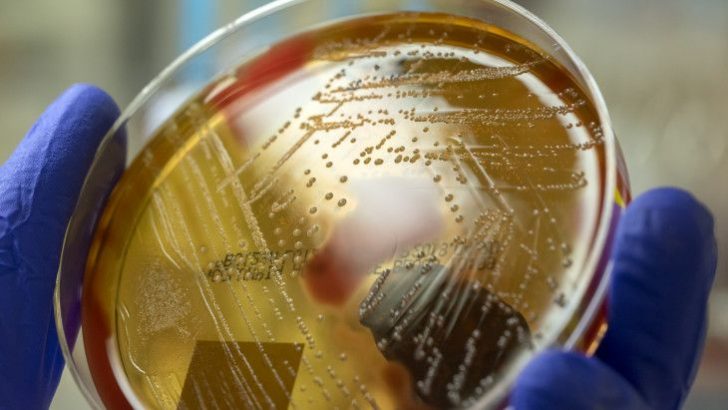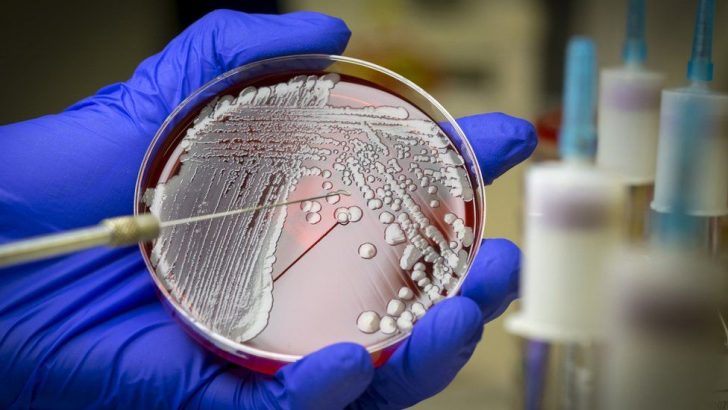The medical community is always on the lookout for new ways to combat bacteria that are resistant to conventional antibiotics. The latest breakthrough on the front lines of this battle comes from MIT researchers. And, of course, from their discovery of an antibiotic that can effectively kill the bacteria known as Acinetobacter Baumannii.
This bacterium is commonly found in hospital settings and can cause life-threatening infections. Bear in mind that these infections continue to cause the lives of hundreds and thousands of Americans every year.

LA Times / Researchers at MIT are coming up with a drug that can help combat drug-resisting infections. All by using artificial intelligence (AI.)
What is remarkable about this discovery is that it was made possible through the use of artificial intelligence (AI) algorithms. Now, let’s discuss the details of this incredible usage of AI in antibiotic discovery.
How It Works
The researchers at MIT and McMaster University used an AI algorithm that was trained on the molecular structures of thousands of compounds. This enabled the algorithm to predict which compounds might effectively combat Acinetobacter Baumannii.
The algorithm identified one compound, known as halicin, which was then tested in the lab. Halicin was found to be highly effective at killing the bacteria, and it was even effective against some strains that were resistant to traditional antibiotics.
The Potential Impact
Halicin’s discovery opens up new possibilities for antibiotic research. MIT researchers suggest that the AI algorithm used to identify halicin can be used with other bacteria. Plus, it can also be used to identify new compounds that have antibiotic properties.

Getty | Using AI, researchers are coming up with a compound - called Hallicin - that can help combat drug infections.
This could significantly increase the speed and efficiency of drug discovery in the future, which is important given the ever-increasing threat of antibiotic resistance.
Limitations of the Discovery
While the discovery of halicin is promising, it is important to note that it is still in the early stages of research. It has not yet been tested in humans. And it is not clear how effective it will be in real-world settings.
This means that is too soon to speak of its efficacy. Additionally, there may be side effects that have yet to be discovered. Thus, it is important to understand that while AI is an important tool for finding new antibiotics, it can not replace human expertise. Something that is required for clinical trials and drug development.

Anna / Pexels | The discovery is currently under review and its efficacy will be determined once it is tested in a real-world setting.
Parting Thoughts
The discovery of Halicin through the use of AI technology represents an important milestone in the battle against antibiotic resistance. It is an exciting development that opens up new possibilities for researchers. And, of course, holds the promise of new treatments for bacterial infections.
That being said, it is important to keep in mind that AI is just one tool in the drug discovery process, and there are still many steps that must be taken before halicin can be used to treat patients. Nevertheless, the incredible usage of AI in antibiotic discovery is a promising sign for the future of medicine and an important reminder of the transformative power of technology.
